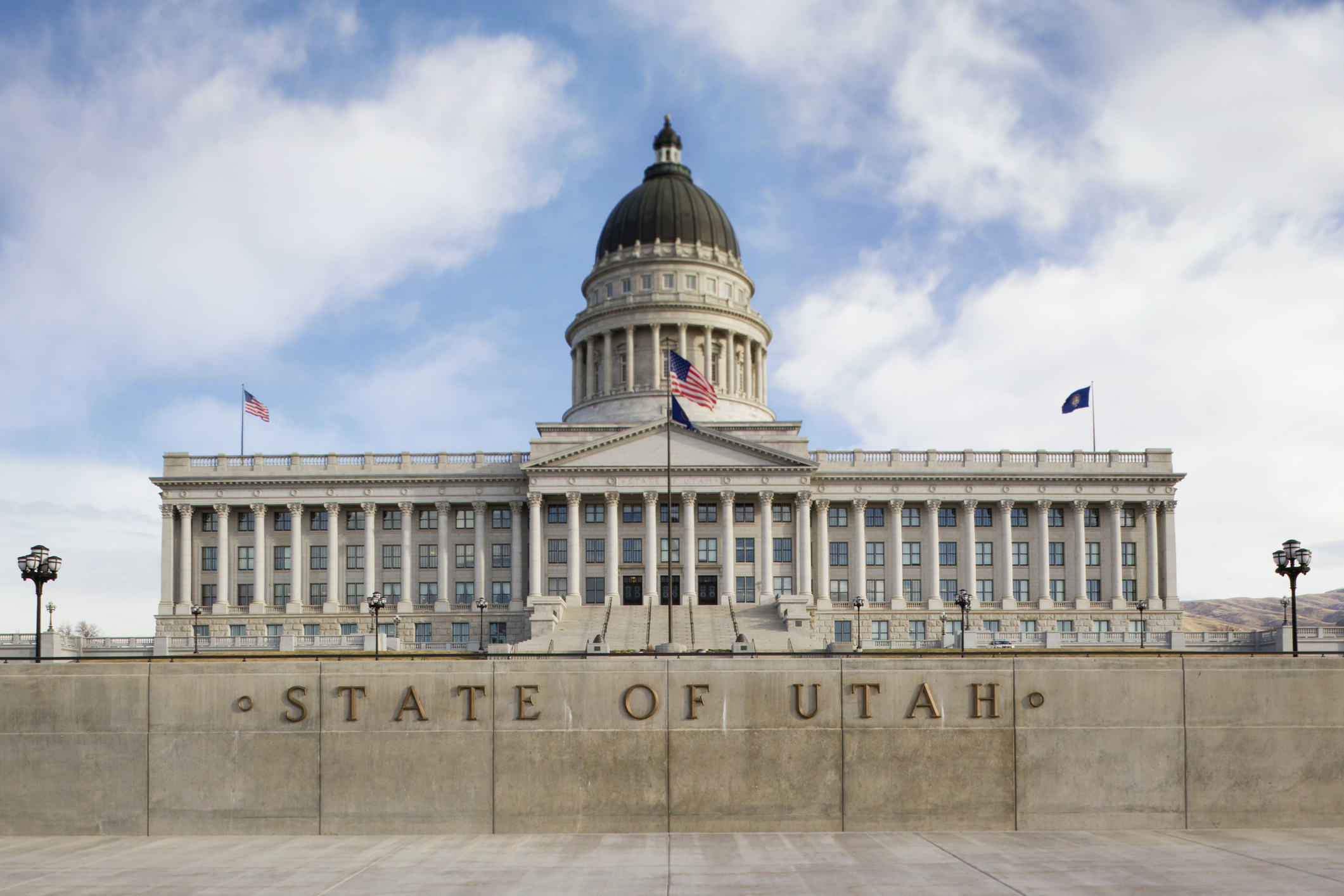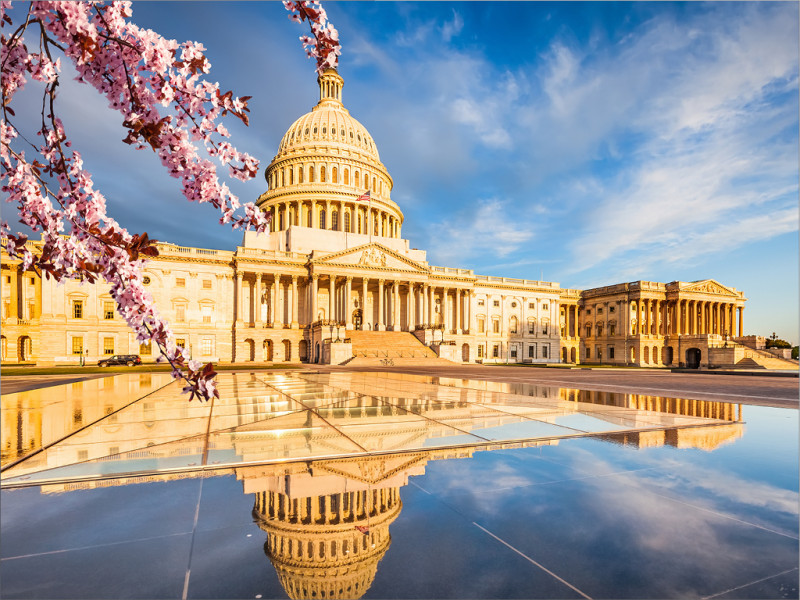AAPL opposes foreclosure moratoriums and mandatory forbearance on business-purpose loans.
COVID-19 has created some of the most far-reaching impacts our industry has seen. It is no surprise then that governments at all levels took some measure of direct action to guard against one immediate negative consequence of that health crisis: skyrocketing unemployment.
A consequence of unemployment, of course, is homeowners’ inability to pay their mortgage loan. Out of fear of mass homelessness, the federal government, and many state and local governments prohibited, in most respects, the foreclosure of mortgages. And many required forbearance of mortgage loan payments from borrowers when requested.
As it so often does, AAPL finds itself threading the needle on this issue. We believe commercial, business-purpose mortgage loans must be viewed apart from and treated far differently than consumer, household-purpose mortgage loans, precisely because they are different.
AAPL takes no stand as to the wisdom or efficacy of foreclosure moratoriums or forbearance programs, generally. AAPL does, however, strongly oppose these actions and programs specifically concerning commercial, business-purpose mortgage loans because, by definition, they do not impact or increase homelessness for the loan borrower.
In the wake of COVID-19, the federal government prohibited foreclosures of federally-backed mortgage loans. The vast majority of commercial, business-purpose loans are not federally-backed, so this moratorium has no direct impact upon your ability to foreclose. However, state and local governments have taken broader approaches, either by legislative action, administrative action, or court action.
Legislative Action
Two examples of legislative action on foreclosure moratoriums or forbearance requirements highlight the issue of separating business-purpose and household-purpose loans.: The first is California’s AB3088, and the other is New York’s S8243C.
Both require consideration of modification and forbearance requests, but California extends the requirement to many business-purpose mortgage loans and New York does not. It is not a coincidence that it worked out this way. California requires licenses for most commercial mortgage loan transactions and regulates them; New York’s Banking Law does not. T the forbearance requirements, then, directly stem from the various government’s understanding of our industry.
Administrative Action
Two examples of administrative action can also highlight the effects of broadly or narrowly viewing types of mortgage loans:(1) The New Jersey governor’s executive order for a partial foreclosure moratorium and (2) the New York Governor’s executive order for a total foreclosure moratorium.
New Jersey’s moratorium is partial in two respects. First, it does not stop the foreclosure process. The courts will continue to process new and existing cases all the way to judgment. Second, it applies ostensibly, only to properties used for “residential purposes.” In another perplexing layer of administrative action on the subject, different county sheriffs who handle and process the foreclosure sales are each interpreting the executive order differently—from those who understand a residential structure that is unoccupied would not qualify for protection under the moratorium to those who equate “residential purpose” with “residential property” and apply the moratorium across the board.
New York, on the other hand, completely banned foreclosures of all types for at least 90 days at the outset, subject to further extension. A few additional factors may be at play in New York. For example, with a judicial foreclosure system, one would be expected to have court appearances that were no longer possible given social distancing guidelines, as well as service of process issues for the same reason. However, even with the quick advent of virtual court hearings, the moratorium still stuck.
Foreclosure moratoriums also came into effect in states that allow for nonjudicial foreclosures. For example, in a combination of legislative and administrative action, Massachusetts passed a statute that provided for a 120-day foreclosure moratorium that was extendable by the governor. Critically, this moratorium was strictly limited to not apply to commercial loans. However, because post-foreclosure title insurance is critical to obtain in nonjudicial states, the quasi-administrative action of the title companies in Massachusetts prevented most foreclosures from moving forward out of their refusal to issue policies on properties foreclosed during the moratorium period.
Court Action
Judicial foreclosures are generally viewed as equitable proceedings that give the courts the power to do the right thing and consider all relevant circumstances to ensure complete justice is done. To that end, for example, the courts in Connecticut, by order of the chief administrative judge, ordered a moratorium on all foreclosure sales and would not allow existing cases not yet at judgment state to progress further (new case e-filings were ostensibly still allowed).
Interestingly, the court made the determination “consistent with [FHA’s] 60-day moratorium on foreclosures” which, as stated previously, applies only to federally-related, FHA insured mortgage loans. Recently, however, the court ordered the creation of a new form affidavit for those pursuing foreclosures that do not fall under the FHA moratorium to be able to proceed.
Connecticut recognizes the difference between business-purpose and household-purpose mortgage loans. No license is required to lend on business-purpose mortgage loans, and such mortgage loans in foreclosure are exempt from a separate mediation requirement that homeowners enjoy. Yet, the court saw fit to overly extend its order in a manner that belied those distinctions.
For the vast majority of commercial, business-purpose mortgage loans, the secured property is not owner-occupied. Without an owner-occupant at risk of losing their home from foreclosure, there is no need to block foreclosures on these types of loans.
Tenants are likewise not going to lose their homes due to separate eviction moratoriums. In fact, since the main driver of these moratoriums is to prevent homelessness and provide a safe place for people to quarantine, resuming foreclosure of an unoccupied and otherwise unused property can bring it back into the market so it can be occupied.
A Lasting Systemic Effect
The existing foreclosure moratoria and forbearance requirements are meant to be temporary, such that no lasting regulation remains in effect. That very well may be technically true. We fear, however, that the overly broad inclusion of commercial, business-purpose mortgage loans with consumer, household-purpose mortgage loans will lead to a permanent blurring of the lines in the minds of our legislatures, administrations, and courts.
AAPL consistently advocates for maintaining the complete separation of business-purpose and household-purpose mortgage loans. Each time that distinction is breached, it becomes easier to breach again. It is a battle on many fronts, and these rushed emergency measures added yet another. AAPL remains vigilant in supporting actions to maintain the distinction that defines our industry, and you should bolster that effort in every way you can.











Leave A Comment